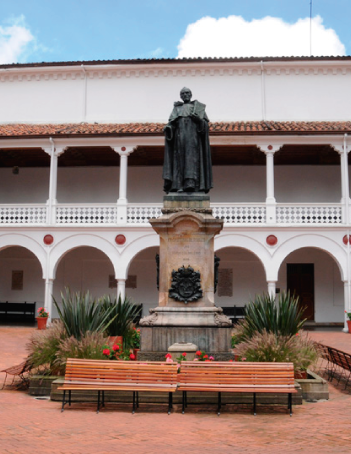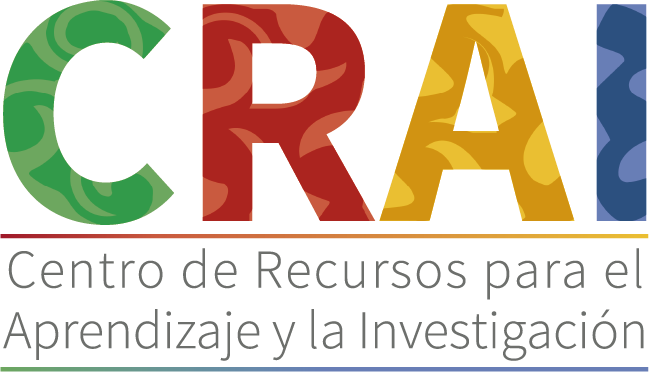Wartime social order: what is it and how does it vary? -- A theory of social order in civil war -- Research design: conflict zones in Colombia -- The determinants of social order -- Creating rebelocracy, aliocracy, and disorder -- How local institutions matter: a process-driven natural experiment -- Testing the microfoundations: social order and recruitment.
"Conventional wisdom portrays war zones as chaotic and anarchic. In reality, however, they are often orderly. This work investigates theoretically and empirically the emergence and functioning of social order in conflict zones. By theorizing the interaction between combatants and civilians and how they impact wartime institutions, the study delves into rebel behavior, civilian agency and their impact on the conduct of war. Based on years of fieldwork in Colombia, the theory is tested with qualitative and quantitative evidence on communities, armed groups, and individuals in conflict zones. The study shows how armed groups strive to rule civilians, and how the latter influence the terms of that rule. The theory and empirical results illuminate our understanding of civil war, institutions, local governance, non-violent resistance and the emergence of political order"--
"This work investigates theoretically and empirically the emergence and functioning of social order in conflict zones. By theorizing the interaction between combatants and civilians and how they impact wartime institutions, the study delves into rebel behavior, civilian agency and their impact on the conduct of war. Based on years of fieldwork in Colombia, the theory is tested with qualitative and quantitative evidence on communities, armed groups, and individuals in conflict zones. The study shows how armed groups strive to rule civilians, and how the latter influence terms of that rule. The theory and empirical results illuminate our understanding of civil war, institutions, local governance, non-violent resistance and the emergence of political order"--
Texto en inglés

Escuela de administración
Facultad de Jurisprudencia
Facultad de Ciencias
Escuela de Ciencias
Escuela de Medicina
Facultad de Economía
Facultad de Estudios
Facultad de Creación
Escuela de Ingeniería,
Otras Ofertas
 Historia y símbolos
Historia y símbolos
 Enfoque estratégico
Enfoque estratégico
 Gobierno universitario
Gobierno universitario
 Playbok - Nuestros pilares de transformación
Playbok - Nuestros pilares de transformación
 Protocolo de seguridad
Protocolo de seguridad
 Archivo histórico
Archivo histórico
 Portafolio de becas, descuentos y apoyo financiero
Portafolio de becas, descuentos y apoyo financiero
 Casa UR
Casa UR






 Proyección social
Proyección social Filantropía
Filantropía Hagámoslo posible
Hagámoslo posible

 Libro
Libro







